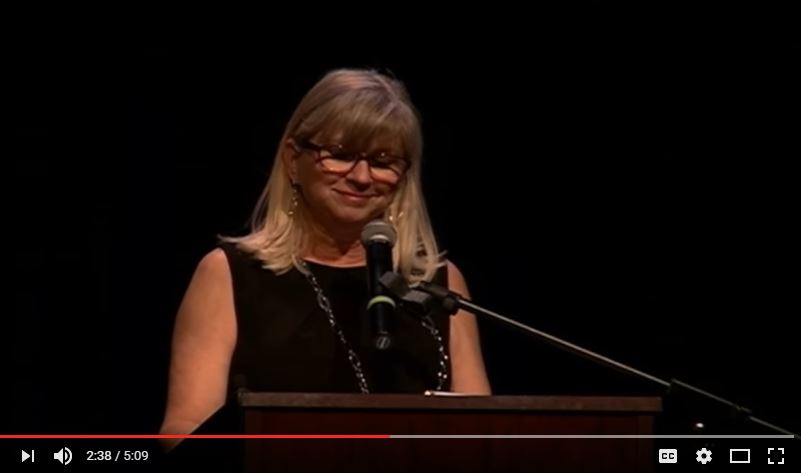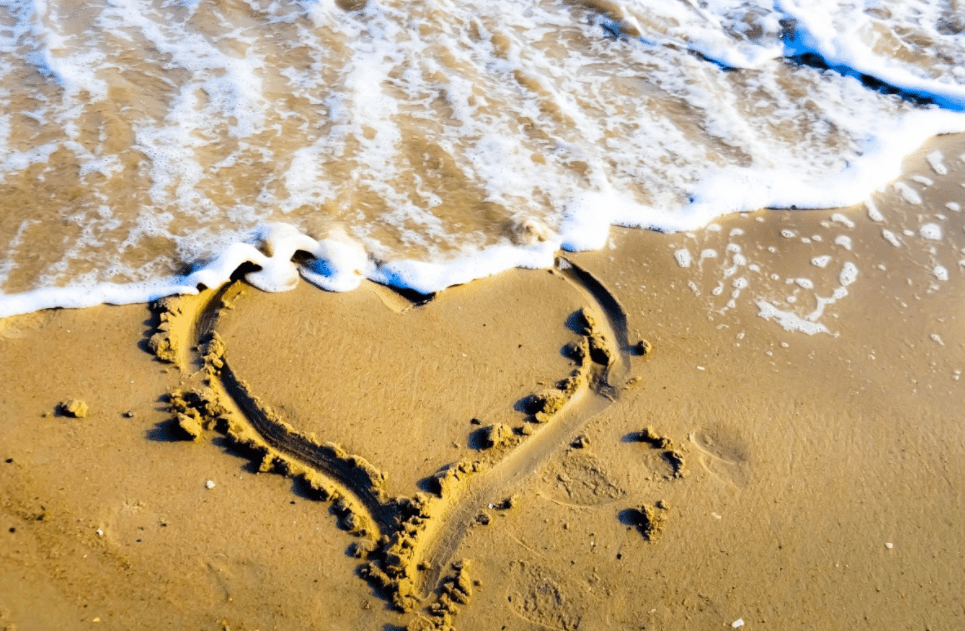Long before ever having children, I made myself a solemn promise.
I would NEVER turn into my mother.
I remember developing a mental list of the many things I would do differently when I had children of my own. I would be a modern, enlightened parent. Not the old-fashioned kind of mother I was raised by. I mean, my generation had books telling us “What to Expect…” which explained everything I could possibly need to know.
My mother thought it was kind of silly. “You don’t need a book to be a good mother,” she said. “It’s the most natural thing in the world.”
When I talked about a birth plan, she was bewildered by the concept.
“You go to the hospital,” she said. “They know what to do.”
“But, mom,” I replied. “It’s 1992. Things are different now.”
I thought I heard her mumble something to the effect of “No. Babies still come out the same way,” as she walked off.
I reaffirmed my solemn promise. “She just doesn’t get it.”
When my firstborn arrived, I developed a false sense of confidence. He was an easy baby. He slept through the night at 6 weeks. He stayed clean all day in his color-coordinated outfits. He was potty trained at 19 MONTHS. I remember one day thinking “This is easy. And so much fun. I really don’t understand what all the fuss is about.” My mother must have had a hard time controlling herself back then. My husband and I rolled merrily along with Baby #1 for nearly three years.
One easy child. Two modern, enlightened parents. We had it covered.
The firstborn was inquisitive and curious. He asked a lot of questions. A LOT OF QUESTIONS. Most days I answered them patiently, giving him all the facts. Encouraging him to ask me more questions. But that one day, when his baby brother had kept me up half the night – the day he wanted to know how the clouds stayed up in the sky – my patience was waning.
I had gone through the explanations of tiny drops of water hugging together to make a cloud. That the drops were so light and tiny they didn’t fall to the ground until enough of them had gathered together to turn the clouds gray and then make rain. I thought it was a really good explanation.
But he couldn’t wrap his 3-year old mind around that, and he pushed for a more plausible explanation. After a few exasperating rounds of this, modern enlightened mom gave up.
My mother’s daughter spoke instead.
“MAGIC,” she said.
“Magic?” he questioned.
“Yep. Magic.”
That was something he could wrap his 3-year old mind around. And the questions stopped. I felt a little guilty for taking the easy way out. But something about the simplicity and effectiveness of that strategy stuck with me.
My mother’s daughter had won her first round.
As time went on, and I had more children, my mother’s daughter spoke more often.
She had entire categories of phrases stored up somewhere in her subconscious. The very ones she swore she’d never utter.
“Because I said so,” came out every now and then, when she was just too tired to explain things.
“Because I have eyes in the back of my head,” she would say while driving.
Which was often followed by “Don’t make me pull this car over.”
Some phrases were used when she wanted to avoid explaining something, or when the truth would be over their heads.
She would say “Life isn’t fair,” when one of them was having an existential crisis.
Or “Someday you’ll understand,” when the real explanation just couldn’t be offered.
And some just made no sense at all. Like “Stop crying or I will give you something to cry about.” And “If you break your legs doing that don’t come running to me.”
My mother’s daughter had plenty of advice for social situations. “If everyone else jumps off the cliff, are you going to jump to?” And “Don’t do anything you wouldn’t want plastered all over the internet.”
Every time my mother’s daughter rose up in me I realized that with every annoyance I spoke, every facial expression I mimicked, every cliché of hers I took on, I also acquired a little bit of my mother’s grace – and her wisdom.
As I grow older, and the lines in my face deepen, I see more and more of her in the mirror, too. The silver strands I now wear seem to make her big green eyes stand out on my face in a way I never noticed.

At my cousin’s wedding in 2005, a photographer snapped a photo of me and my mother side by side. It was the last photo of the two of us ever taken. When I look at it now, and I see her face on my shoulders, I can’t help but smile.
The transformation is complete. I have become my mother in every way.
_ _ _ _ _ _ _ _ _ _ _ _ _
This essay was one of 11 stories read live on-stage at the 2016 Listen To Your Mother: New Orleans show.
. 
CLICK HERE to see my reading, or CLICK HERE to see the entire LTYM: New Orleans playlist.









 . The message thread was buzzing with commentary about the day’s big news: the Ashley Madison list. Names from the list were flashing across my screen. My friend’s boyfriend. Another friend’s brother. An acquaintance’s husband. Local politicians. A prominent minister. I recognized so many.
. The message thread was buzzing with commentary about the day’s big news: the Ashley Madison list. Names from the list were flashing across my screen. My friend’s boyfriend. Another friend’s brother. An acquaintance’s husband. Local politicians. A prominent minister. I recognized so many. I still have a calendar on my refrigerator. The old-fashioned paper kind, with columns and rows delineating days and weeks. I faithfully fill in the details of my life to keep things on track. When a month passes I separate that page and move it to the back, in case I need it for future reference. Then, at the beginning of each school year I print a new one, and the process repeats itself. I hang on to the previous year for a little while, eventually parting with it unceremoniously.
I still have a calendar on my refrigerator. The old-fashioned paper kind, with columns and rows delineating days and weeks. I faithfully fill in the details of my life to keep things on track. When a month passes I separate that page and move it to the back, in case I need it for future reference. Then, at the beginning of each school year I print a new one, and the process repeats itself. I hang on to the previous year for a little while, eventually parting with it unceremoniously.
